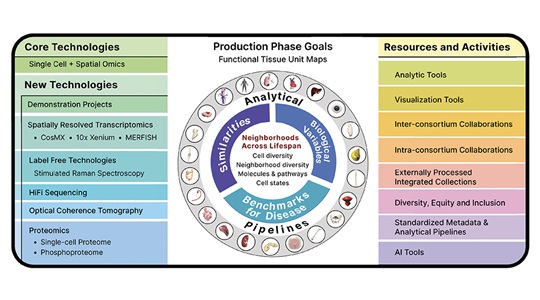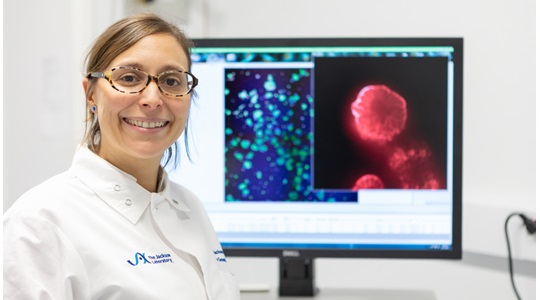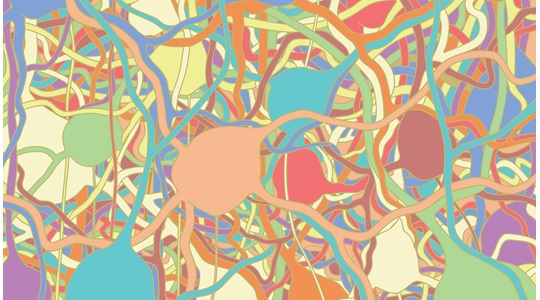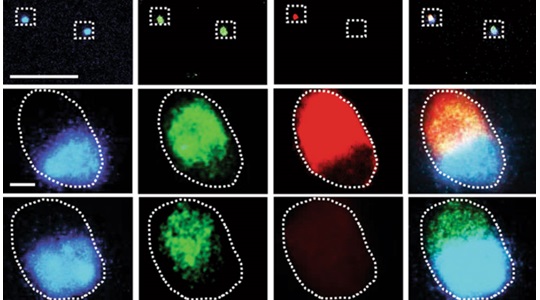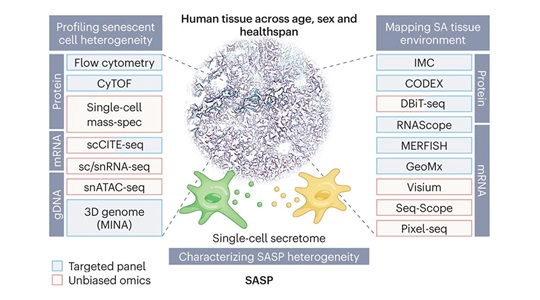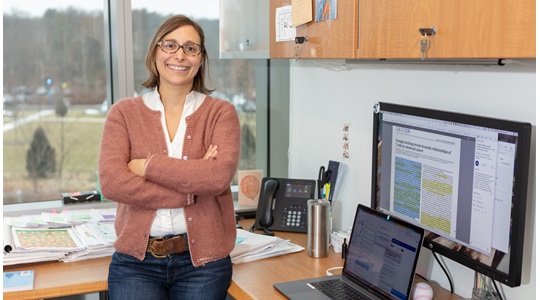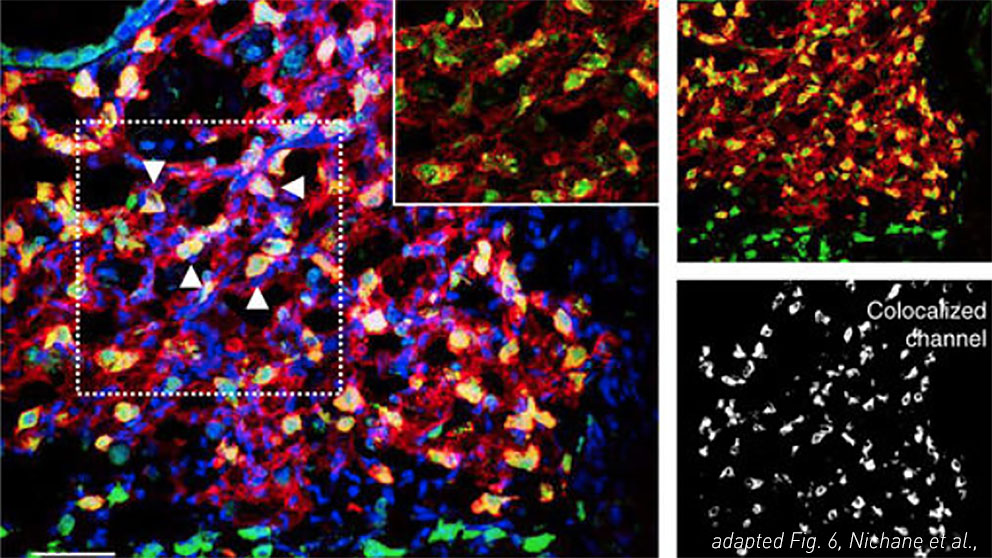The Robson Lab
The Robson lab utilizes advanced molecular, cellular, and stem cell biology approaches to study evolution, development, and disease relevant to the human condition.
Principal Investigator
Location
Connect
We are a cellomics lab using advanced technologies to understand the cellular composition of tissues, their development, and progression to disease. We have a specialized research interest in human early embryonic development and how the biology at this stage may provide insight into and/or impact (in addition to pregnancy and fertility) later in life biology (e.g., cancer, aging, immunology) through the pleiotropic effect of genes undergoing natural selection at these early post-fertilization stages.
We use tissue mapping tools, leveraging the expertise within the Single Cell Biology Laboratory, to define and map the cellular complexity of human tissues and organs, contributing to the Human BioMolecular Atlas Program (HuBMAP) towards understanding the normal human condition. Similarly, we use these tools to define age-related changes in both human and mouse tissues, contributing to the Cellular Senescence Network (SenNet) Program. We also use these tools to uncover the cellular complexity of human solid tumors.
We exploit human-based cellular models to functionally interrogate the roles of genes, regulatory elements, and mutations to understand human biology in health and disease. We derive organoid cultures from primary tumors to interrogate their response to drugs working towards precision medicine applications. As a member of the MorPhiC Initiative, we differentiate human induced pluripotent stem cells (hiPSCs) to model human biology in a dish, with a focus on 1) the extra-embryonic lineages (embryo implantation, placental formation), and 2) in neuroectoderm, exploiting brain organoid systems to understand the underlying genetic regulatory network that may be subtly altered in neurodevelopmental disorders.
